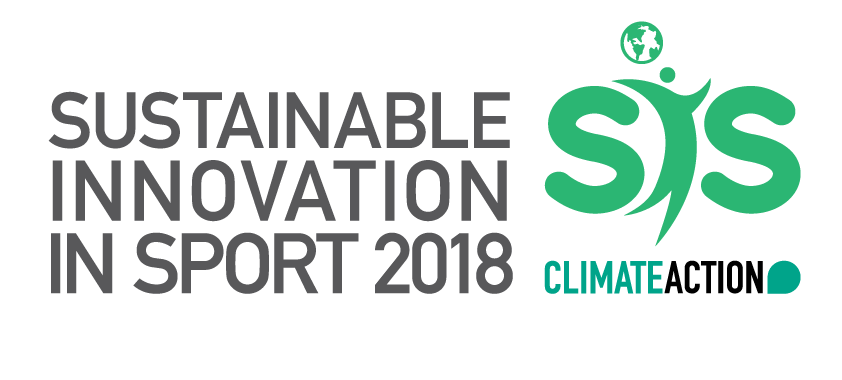The new home of the Atlanta Falcons is to raise the standards for sporting venues throughout the world, in terms of both innovative engineering and sustainability.
The new Mercedes-Benz Stadium incorporates the latest advancements in sustainability into its design, construction and operations.
The venue is on track to become the first Leadership in Energy and Environmental Design (LEED) Platinum stadium in the National Football League (NFL) and Major League Soccer (MLS).
LEED-certified buildings are resource efficient, using less water and energy as well as reducing greenhouse gas emissions.
Mercedes-Benz Stadium’s design allows for a water capture and reuse system, to help cool the building and onsite irrigation.
Onsite the venue and Georgia World Congress Center (GWCC) campus will host more than 4,000 solar photovoltaic (PV) panels.
The panels are expected to generate around 1.6 million kilowatt hours (kWh) per year of renewable energy – enough to power 160 households in Atlanta or more than nine Atlanta Falcons home games or 13 Atlanta United home matches.
The Mercedes-Benz Stadium will use 47 per cent less water than its counterparts and 29 per cent less energy.
The use of natural light – thanks to the transparent materials – as well as building control systems managing and monitoring energy consumption, and LED lighting will help to reduce energy usage by 50 per cent.
A 680,000-gallon cistern will be used for water recapture and reuse for land irrigation.
In addition to the natural light from the open roof, the stadium will be fitted will more environmentally friendly, LED lighting.
The stadium will also showcase a number of greener transport options for fans and visitors.
Three Metropolitan Atlanta Rapid Transit Authority (MARTA) rail stations are within 0.7 miles of the building and a number of parking areas onsite will be fitted with electric vehicle (EV) charging stations.
The new stadium property layout also encourages use of bicycle and alternative fuel vehicle usage through direct connection to the Atlanta Bike Trail Network.
Furthermore, pedestrian-friendly walking paths allow for easy connectivity between the communities on the west side of the stadium and the downtown area.
Check out our infographic on sustainability in stadiums here.
Image source: mercedesbenzstadium.com

